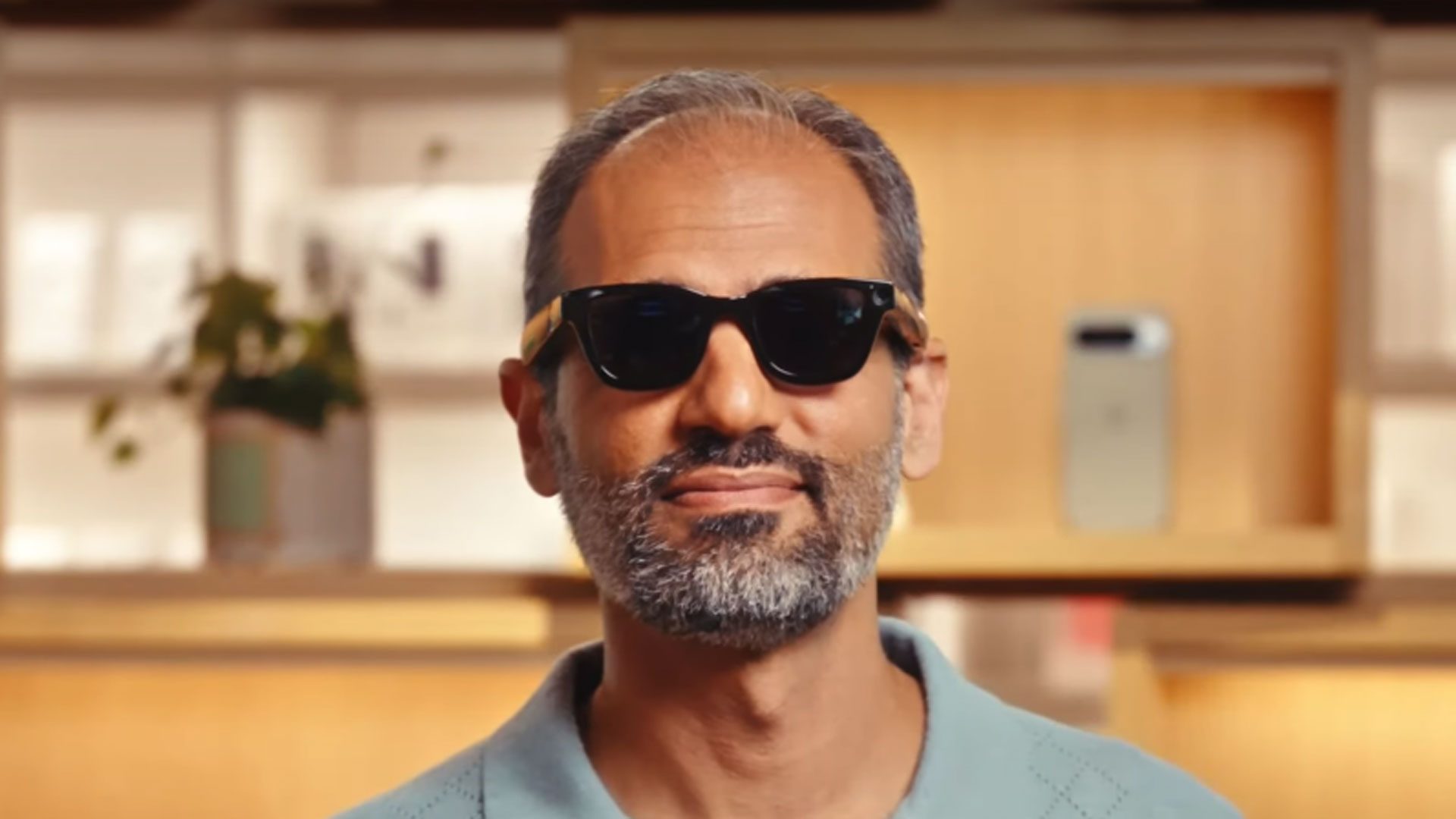Ahead of Google’s planned rollout of Android XR-equipped smart glasses, the company is reportedly making a $100 million investment in hardware partner Gentle Monster, the South Korean fashion eyewear brand.
According to a Korean Economic Daily report, Google is slated to sign a deal worth around 145.0 billion Korean won (~$100 million) in Gentle Monster.
Citing investment banking sources, the report maintains talks are now at final stages, wherein Google will obtain a 4% stake in the South Korean eyewear brand.
Google announced in May that it was partnering with both Gentle Monster and US-based eyewear brand Warby Parker to release the company’s first generation of Android XR-based smart glasses.

Expected to release sometime in 2026, the smart glasses are said to prominently feature Google’s Gemini AI, with some even including on-board displays for visual output.
Meanwhile, its competitors are maneuvering to capture what could be the next big push in wearable computing.
Meta revealed last week that it’s deepening its ties with Ray-Ban Meta partner EssilorLuxottica with the upcoming release of Oakley Meta HSTN—the company’s next smart glasses following the release of Ray-Ban Meta in 2023.
Previous reports additionally suggest that both Samsung and Apple are looking to launch their own smart glasses at some point in the future; reports allege Samsung could release a device this year, and Apple as soon as 2026.




